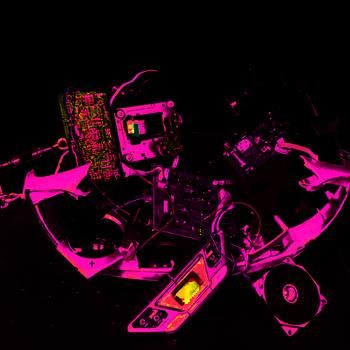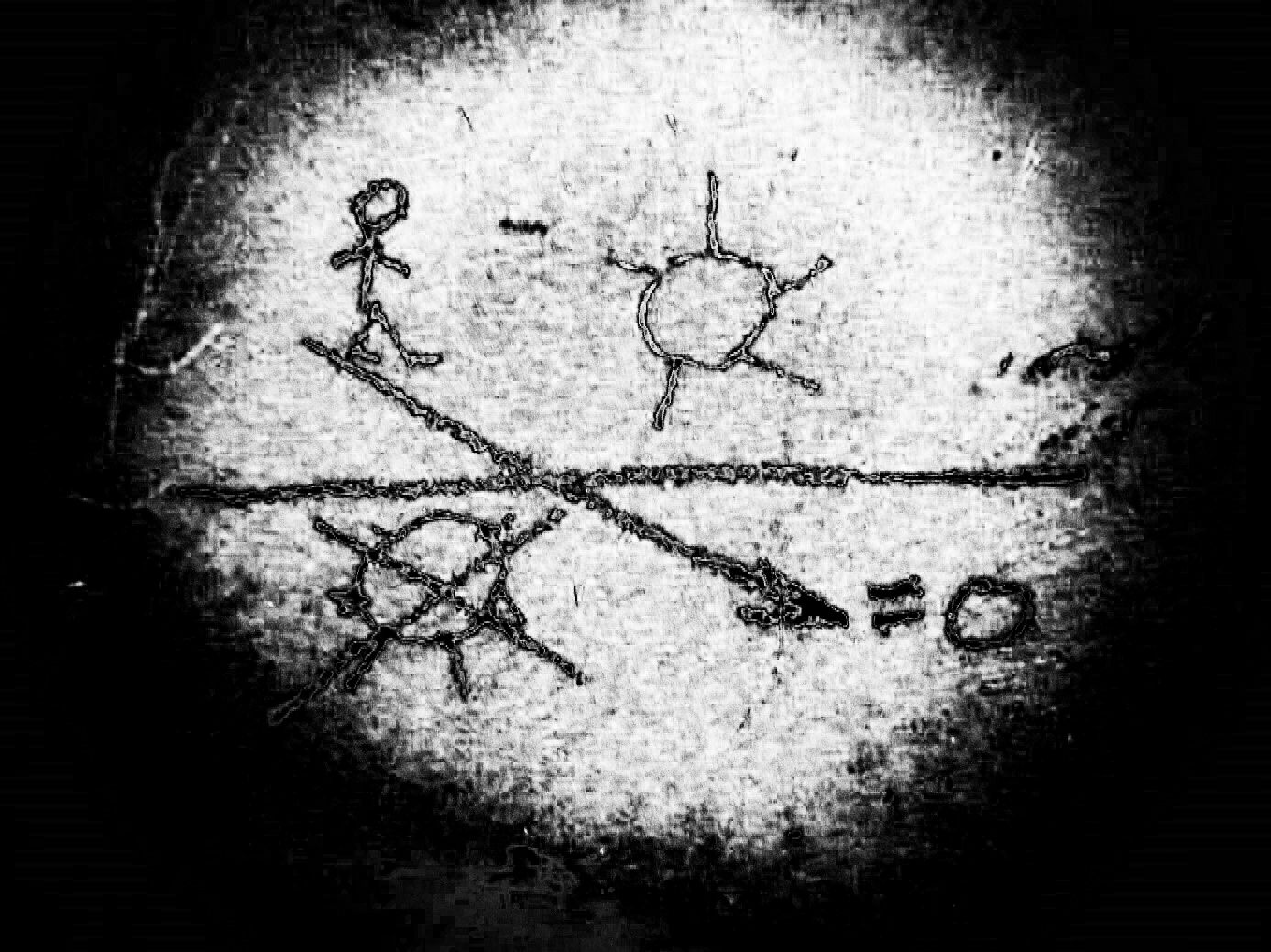At the individual level, the overwhelming majority of the even most advanced societies cannot comprehend the intrinsic mechanisms of the everyday technology. Relationships with consumable technology are regulated by manufacturer's instructions. We know how to use an elevator, escalator, toilet or remote control, but we do not know exactly how they work. And it is not needed. That´s why technology is becoming more and more user-friendly. So that we use the machines, they must be useful to us. Often, the usefulness is gained through a smart, manipulating marketing strategy that creates the illusion of a "pleasant addiction", allowing you to experience unprecedented experiences with each new purchase and increase the quality of life. Through the myth of benefit, all criticism of technological developments will be neutralized. Critical orientation in the technological inevitability assumes the awareness of one´s position. It is possible to communicate with machines outside the consuming-rituals, ignoring propagandistic manuals. We need radically useless machines that do not have any marketable potential. Designing useless machines and communicating with them presents a challenge to our convenience-oriented values. Dealing with the "uselessness" of the machine as a qualitative value places us to the opposition with consumer society principles. Because of the principles of a liberal market economy "the useless machine" should not have right to existence. Therefore, meaningful treatment of this phenomenon will become a practical capitalism critique.
Erik Alalooga is a sculptor, experimental musician and performing-artist who is mainly known for analogue-technological solutions in his artworks. Since 2005 he has focused on exploration and application of immediate relationships between human and machine.


